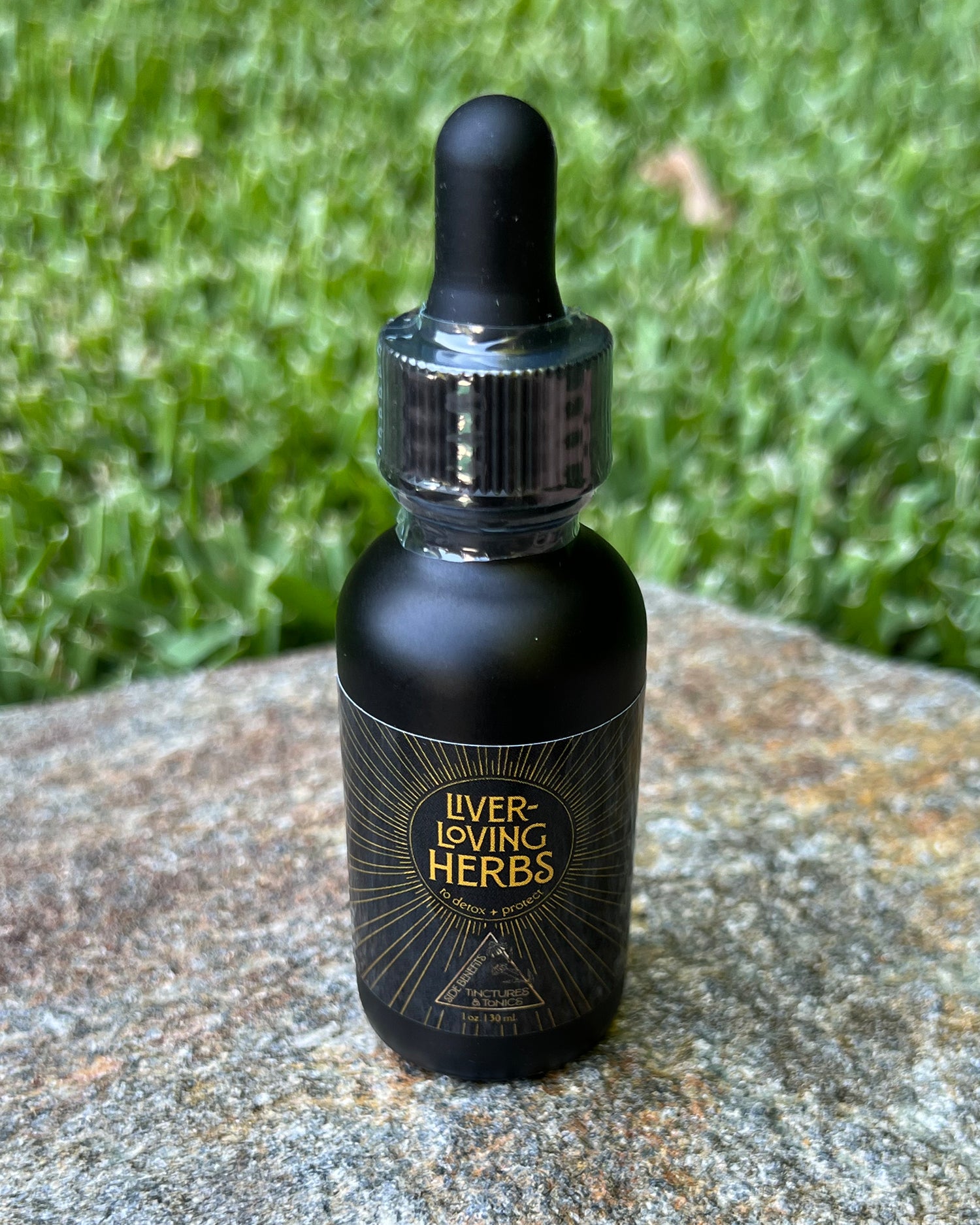Limit toxin exposure as much as possible (since you can't avoid them altogether) and learn how to support your detoxification system.
Toxic exposures occur daily
If you think you live in a non-toxic environment, think again. I live in Los Angeles, so I am aware that when air sits stagnant inside the bowl that is the L.A. basin, I am exposed to heavy metals because I'm breathing in ground-level ozone, lead, carbon monoxide, nitrogen oxides, and sulfur oxides. And that's just ONE of my daily toxic exposures...
Some products and utensils that we use in the kitchen daily can contribute to and have long-term effects on the health of our hormones, so you should absolutely become more mindful of what they are so you can minimize your exposure. Toxic chemicals like BPA, PFOAs, aluminum, Glycol ethers, phthalates, glyphosate and more are hiding in many, MANY household products and foods.
Your hormones are being affected
These endocrine (hormone) disrupting compounds are known as xenoestrogens. Xenoestrogens are chemicals that mimic estrogen. Endocrine disrupting chemicals affect both the production of hormones and hormone communication in the body. They are found everywhere – personal care products, lawn chemicals, cleaning products, even in our furniture and clothes. If you are exposed to too many of these toxins, they can congest your liver, accumulate in your central nervous system and contribute to issues like: hormone imbalance (such as estrogen dominance); insulin resistance & diabetes; high blood pressure; cardiovascular disease; decreased fertility (men & women); headaches; and anxiety. While you can't avoid them all, you can LIMIT YOUR EXPOSURE...

What you can do to protect yourself
These chemicals are literally EVERYWHERE and the risk is real, especially in (unborn) children, so it makes sense to limit exposure and avoid them as best as you can. Does this mean go throw everything out? No. But you can replace products as you use them up. Start by swapping out the toxic products you use everyday and elevating the quality of the foods you eat to reduce your exposure to endocrine disrupting toxins. The more you ingest toxins - BPA, parabens, phthalates, fragrances, etc. - the harder your liver has to work on that instead of it’s already huge job. Reach out to me to get started down a cleaner path or test your hormone levels if you suspect imbalances!
SOURCES OF EVERYDAY TOXINS
| ☠️ Glyphosate – a commonly used herbicide product (Roundup) found in/on GMO & conventionally-farmed crops in the US such as corn, sugar, soy, wheat & grains, and peas & chickpeas to dry them out prior to harvest; it is also sprayed in people's yards, on school’s grounds, and on the sides of the roads; and it has made its way into vaccines, drinking water & air pollution. Because it essentially kills the microbiome, glyphosate is speculated to be linked to digestive disorders, gluten intolerance, obesity, autism, Alzheimer’s disease, depression, Parkinson’s disease, liver diseases, and cancer | ☠️ Bisphenol-A (BPA) – is the most common plastic used for canned food & beverage-liners; children’s toys; dental sealants; microwaveable food products; plastic bottles; plastic food containers; and thermal receipts (it's gnarly stuff, you guys...this cancer-causing chemical soaks right up into your body through contact when you touch BPA-coated receipts) |
| ☠️ Conventional dairy – the animals are pumped full of synthetic hormones and antibiotics that mimic estrogen and contribute to cancer | ☠️ Phthalates – fragrances (candle, diffusers, perfume, etc.); detergents; diapers; food packaging; medical tubing; personal care products (skincare, make-up, nail polish, shampoo, etc.); tampons & pads; vinyl flooring |
| ☠️ Glycol ethers – glass cleaners; carpet cleaners; floor cleaners; oven cleaners | ☠️ Flame retardants – used in electronics, furniture, and carpeting |
| ☠️ Perfluorinated compounds (PFCs) – used in non-stick cookware; to make sofas and carpets resistant to stains, to make clothes and mattresses more waterproof, and may also be used in some food packaging, as well as in some firefighting materials | ☠️ A few more – alcohol (it is a neurotoxin); food additives (just eat real food); medications (look up the ingredients and you’ll see); fluoride; chlorine; benzene; formaldehyde; aluminum; parabens; and more |
TO MINIMIZE EXPOSURE:
- Read labels before you purchase anything in a box/can/bottle/bag. Steer clear of food dyes, preservatives, processed sugars, gluten, and partially hydrogenated fats. Ensure that the can is BPA-free
- Minimize processed and packaged foods. When choosing packaged foods, look for ones that have as few ingredients as possible. A good rule of thumb is 5 or fewer ingredients
- Ditch plastic and NEVER use plastics in the microwave. Use glass containers to store food and heat leftovers
- Use cast iron, ceramic, or stainless-steel pans instead of non-stick
- Stop cooking with aluminum foil (it leaches metals into your food)
- Buy organic produce. Use fruit-and-vegetable wash on your produce to wash off pesticides and wax residues of off conventional produce
- Start swapping out your skin-care products (I shop for mine almost exclusively at Credo Beauty) and household cleaning products
- Avoid touching receipts or don’t take it at all
- Buy wild-caught seafood over farm-raised
- Buy raw dairy or organic nut milks over conventional cow milk products
- Consider a charcoal water-filter or reverse osmosis system (just be sure to add minerals back in) to eliminate chlorine and excessive fluoride found in your water
- Look into purchasing an air purifier or add filters to the air-conditioning system in your home to help eliminate pollen and other airborne irritants and/or add spider plants, peace lilies, and other plants that help clean the air
- Minimize alcohol consumption
- Reduce or eliminate the use of medications
- Work with a functional nutritionist to optimize your health






